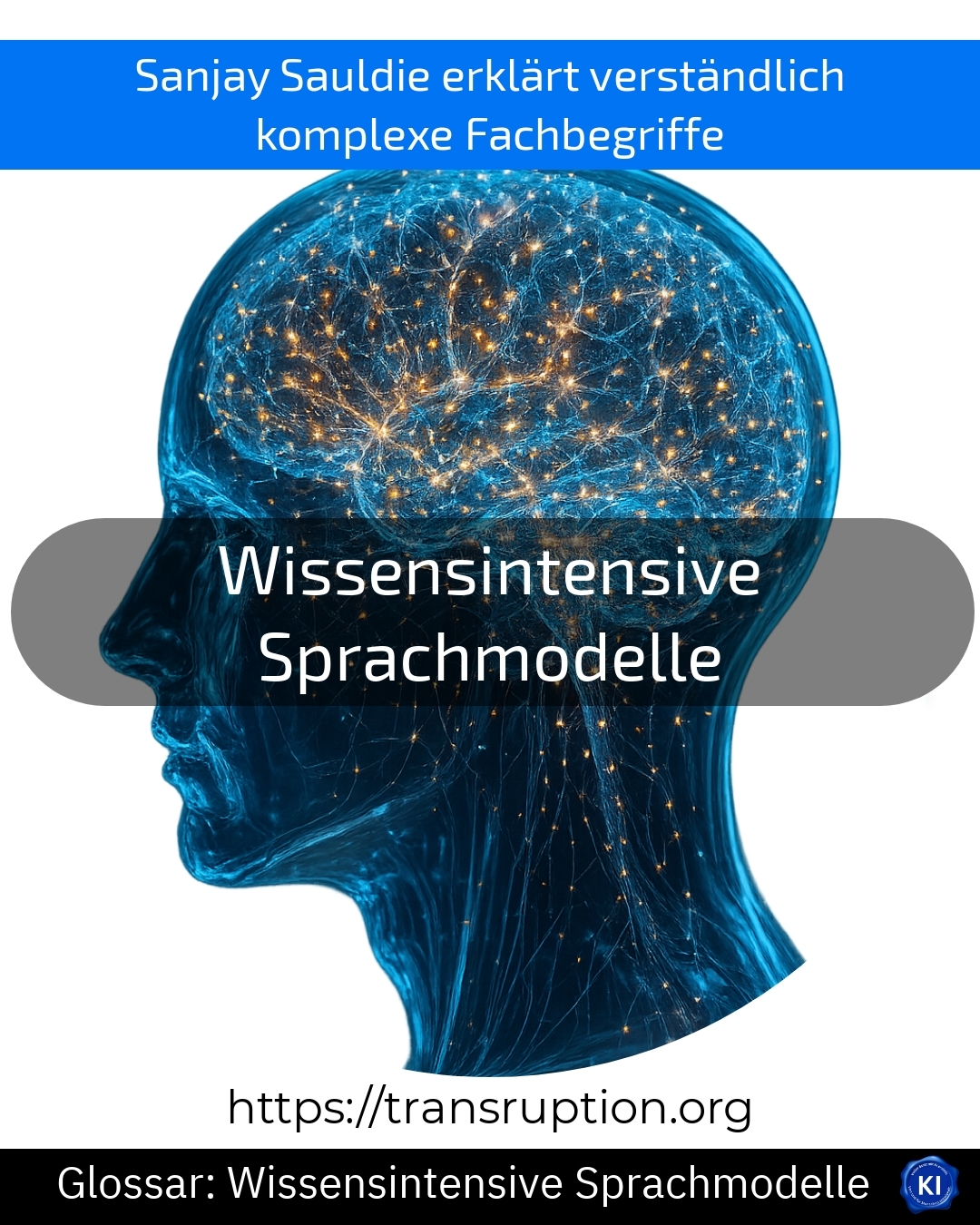The term "knowledge-intensive language models" is at home in the categories of artificial intelligence, big data, smart data and digital transformation. These language models are programmes that are trained on huge amounts of text data so that they can understand human language and generate it themselves. They are particularly "knowledge-intensive" because they take in and link a lot of information from very different sources.
In practical terms, this means that knowledge-intensive language models can recognise correlations, answer questions or even help develop new ideas. Companies use them, for example, to automatically answer customer enquiries, summarise reports or recognise trends in the market at an early stage.
An illustrative example: a company wants to know what customers think about a new product. A knowledge-intensive language model searches through reviews and opinions on the Internet, recognises the most important statements and provides a comprehensible summary.
These language models thus help companies to quickly gain useful insights from a flood of data - without employees having to spend hours reading texts. Knowledge-intensive language models are therefore an important component of digital transformation and increase efficiency in many areas.















